This article is part of Carrier Management’s series on the Future of Insurance.
Asked to peer into the future of the insurance industry, Trent Cooksley, Head of Open Innovation, Markel Corporation, included predictions about the expanding InsurTech startup space and the implications of regtech growth.
 Trent Cooksley, Head of Open Innovation, Markel Corporation
Trent Cooksley, Head of Open Innovation, Markel CorporationQ: What major changes do you see on the horizon for the property/casualty insurance industry in the next 10 years? What will insurance companies, insurance leaders, the industry and its workforce look like in the next decade? What risks will they insure?
Cooksley (Markel): We are still in the early innings of the digital transformation of the insurance industry. It is creeping through the entire value chain and will continue to move downstream through simple, easy-to-rate risks to large and complex accounts and on through the entire life cycle of a policy and customer. Everyone is becoming more focused on the customer, which should bode well for buyers of insurance.
Look for continued expansion in the startup space, but I anticipate some consolidation before the next wave of entrepreneurs emerges with higher levels of both expertise and experience. Some true winners from the first wave will also start to emerge as evidenced by growing customer bases, valid industry partnerships and real bottom-line revenue.
The industry is now having to answer to the customer with greater speed and transparency in every price and process. I also believe the idea of coverage and risk at all levels will change, [and that] simpler policy language will come about as the regtech grows. Regulators are coming to the table who want to innovate as well as help. Winners will work together with regulators as regulation has an eye toward customer satisfaction as well as protection.
I am a big believer that blockchain technology will have a significant impact on insurance in the future. The complexity and diversity of blockchain use cases today are growing at such an incredible pace that I believe the impact will happen more quickly than some have predicted.
It will be interesting to see the reaction of new entrants to a significant cat event, specifically in a developed geography. I would also look to see some newer programs start to lose favor as new products loss expectations mature.
Turning to future risks, the idea of auto liability and property is bound to change significantly. Premium dollars will shift rather than evaporate. Cyber risk, still in its infancy today, will mature at a significant rate and will get much better for both buyer and seller. As the workforce evolves, the commercial landscape will have to adjust to a new way of work. It is already here, but products have not caught up.
Q: How will insurance products and services be distributed?
Read more Future Insights by person
 Mike Albert, Co-Founder, Ask Kodiak
Mike Albert, Co-Founder, Ask Kodiak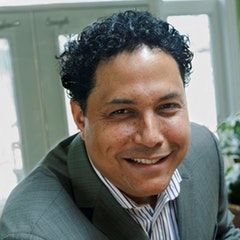 Tim Attia, CEO and Co-Founder, Slice Labs, Inc.
Tim Attia, CEO and Co-Founder, Slice Labs, Inc.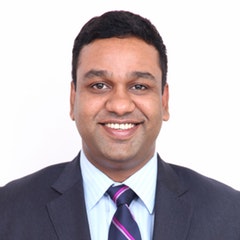 Arun Balakrishnan, CEO, Xceedance
Arun Balakrishnan, CEO, Xceedance Ilya Bodner, CEO, Bold Penguin
Ilya Bodner, CEO, Bold Penguin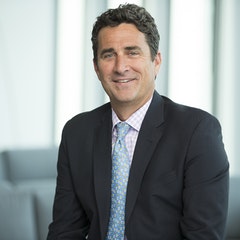 Bobby Bowden, Executive Vice President, Chief Distribution and Marketing Officer, Allied World
Bobby Bowden, Executive Vice President, Chief Distribution and Marketing Officer, Allied World Andy Breen, Senior Vice President, Digital, Argo Group
Andy Breen, Senior Vice President, Digital, Argo Group Adam Cassady, CEO, Tyche Risk
Adam Cassady, CEO, Tyche Risk Chris Cheatham, CEO, RiskGenius
Chris Cheatham, CEO, RiskGenius Trent Cooksley, Head of Open Innovation, Markel Corporation
Trent Cooksley, Head of Open Innovation, Markel Corporation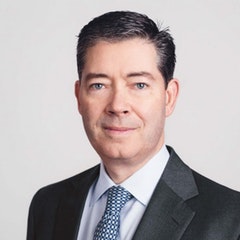 Mike Foley, CEO, Zurich North America
Mike Foley, CEO, Zurich North America Guy Goldstein, Co-Founder and CEO, Next Insurance
Guy Goldstein, Co-Founder and CEO, Next Insurance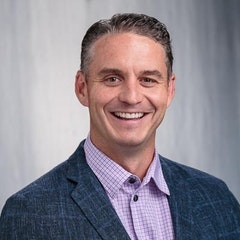 Mike Greene, CEO & Co-Founder, Hi Marley
Mike Greene, CEO & Co-Founder, Hi Marley Brian Hemesath, Managing Director, Global Insurance Accelerator
Brian Hemesath, Managing Director, Global Insurance Accelerator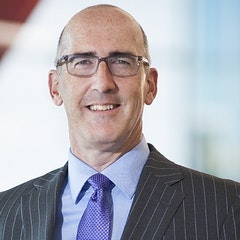 Russell Johnston, CEO, QBE North America
Russell Johnston, CEO, QBE North America Dr. Henna Karna, Managing Director and Chief Data Officer, XL Catlin
Dr. Henna Karna, Managing Director and Chief Data Officer, XL Catlin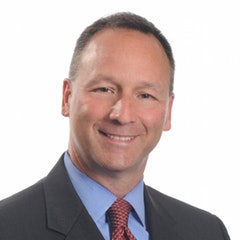 Tony Kuczinski, President and CEO of Munich Re, US
Tony Kuczinski, President and CEO of Munich Re, US Rashmi Melgiri, Co-Founder, CoverWallet
Rashmi Melgiri, Co-Founder, CoverWallet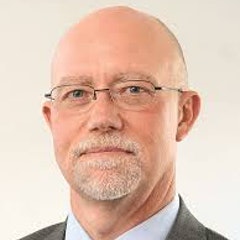 David W. Miles, Co-Founder and Managing Partner, ManchesterStory Group
David W. Miles, Co-Founder and Managing Partner, ManchesterStory Group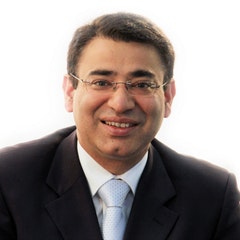 Pranav Pasricha, CEO, Intellect SEEC
Pranav Pasricha, CEO, Intellect SEEC Mike Pritula, President, RMS
Mike Pritula, President, RMS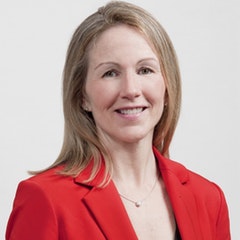 Kathleen Reardon, CEO, Hamilton Re
Kathleen Reardon, CEO, Hamilton Re Jeff Richardson, Senior Vice President, OneBeacon Insurance Group
Jeff Richardson, Senior Vice President, OneBeacon Insurance Group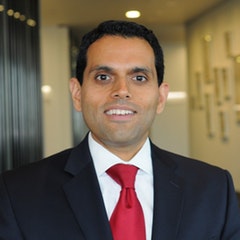 Vikram Sidhu, Partner, Clyde & Co
Vikram Sidhu, Partner, Clyde & Co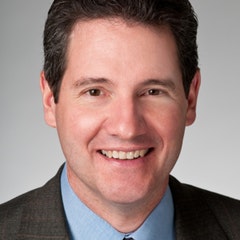 Christopher Swift, CEO, The Hartford
Christopher Swift, CEO, The Hartford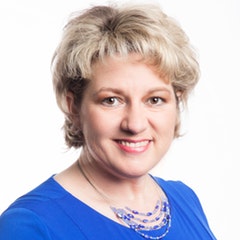 Rebecca Wheeling Purcell, Schedule It
Rebecca Wheeling Purcell, Schedule It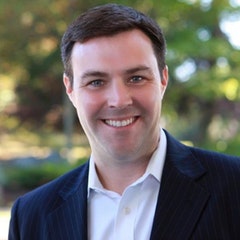 Keith Wolfe, President US P/C—Regional and National, Swiss Re
Keith Wolfe, President US P/C—Regional and National, Swiss Re


Get the responses of all 26 leaders neatly packaged in single PDF download. More than 43 pages of content.




















 What Industry Executives Are Saying About Loss Reserves, Social Inflation
What Industry Executives Are Saying About Loss Reserves, Social Inflation  That Insurance Talent Crisis? It’s a Global Knowledge Opportunity
That Insurance Talent Crisis? It’s a Global Knowledge Opportunity  Going, Going, Gone: ‘Disruption’ to Shrink Traditional Premiums for Auto
Going, Going, Gone: ‘Disruption’ to Shrink Traditional Premiums for Auto  Travelers: Distracted Driving Incidents Continue to Rise
Travelers: Distracted Driving Incidents Continue to Rise 




